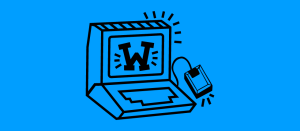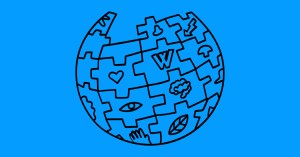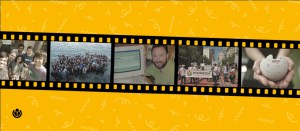We are the Wikimedia Foundation
Learn more about our mission, our model, and the work we do to keep knowledge free.

About us
We are the nonprofit responsible for hosting and protecting Wikipedia and other Wikimedia projects.
At the Wikimedia Foundation we work towards the vision of a world in which every single human being can freely share in the sum of all knowledge.
We host a technology infrastructure that makes possible billions of visits to Wikipedia on a monthly basis. Since our founding in 2003, we have supported the hundreds of thousands of volunteer editors who edit, expand and curate the Wikimedia projects. We equip these volunteers with the most up-to-date tools, ensure connections to Wikipedia are fast, safe, and private, and develop new technology and products to meet the demands of our readers and editors.
We provide individuals and organizations around the world with funding to increase the knowledge on Wikipedia. We also undertake legal and advocacy efforts to protect people’s right to free knowledge.
The “best place on the internet” exists entirely thanks to the nearly 260,000 volunteers around the world.
Wikipedia is one of the only places online where people can access and contribute reliable information for free and without advertising or paywalls.
Guided by the principle to always write from a neutral point of view, volunteers edit, fact-check, add citations, debate sources, and moderate content. The Wikimedia Foundation does not make content decisions on Wikipedia—volunteers do!
We want everyone to be able to learn — yes, even chatbots.
As the backbone of the internet’s knowledge, Wikipedia is read by millions every month and is available in over 300 languages. That is why our priorities include keeping Wikipedia fast, reliable, and available to everyone.
Because of our steady investments in technology, Wikipedia can easily handle record-breaking traffic spikes, preventing any disruption to the reading or editing experience. We run Wikipedia on only a fraction of what it costs to run other major websites.
Because we are primarily backed by small contributions, we are able to maintain transparency and autonomy.
The majority of our funding comes from readers, with the average single donation being around $11 [USD]. It is the generous support of donors like you that keeps Wikipedia independent, free, and easy to access.
Our team
Our global team is connected by our shared goal to keep knowledge free.
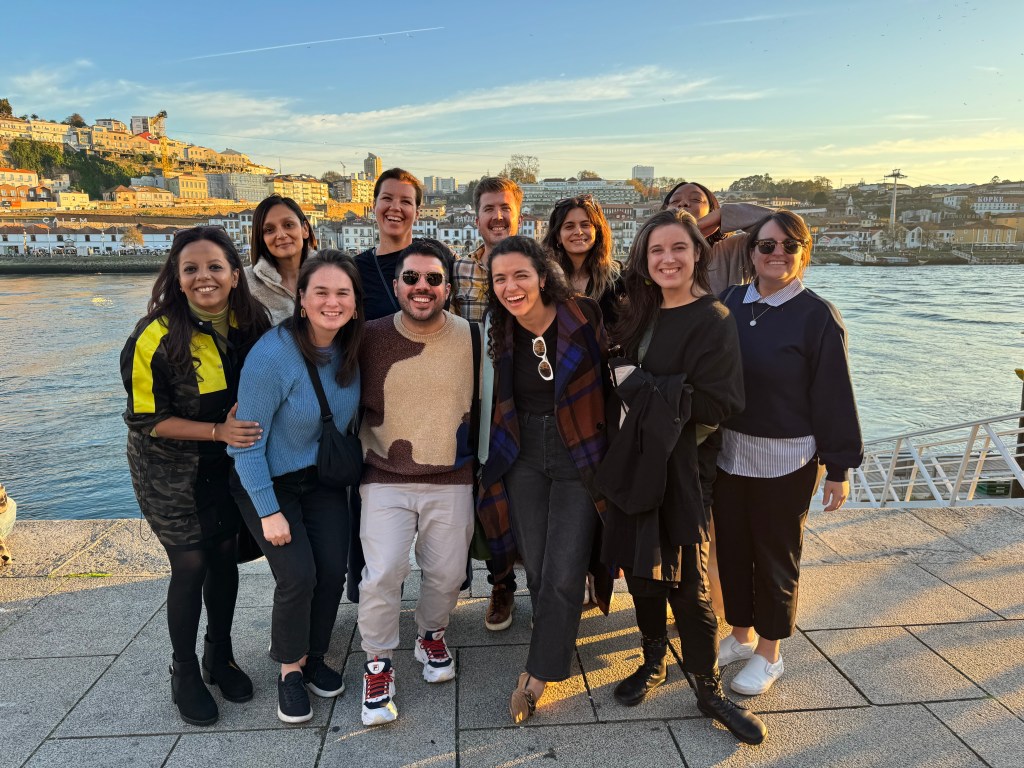
We believe in being open
The Wikimedia Foundation is a United States 501(c)(3) tax-exempt organization. Our mission to empower people worldwide to collect, develop, and share knowledge can only be achieved through a combination of trust and transparency. That is why we regularly share updates, including annual and biannual reports on our finances, content moderation requests, and more.
Our latest report:
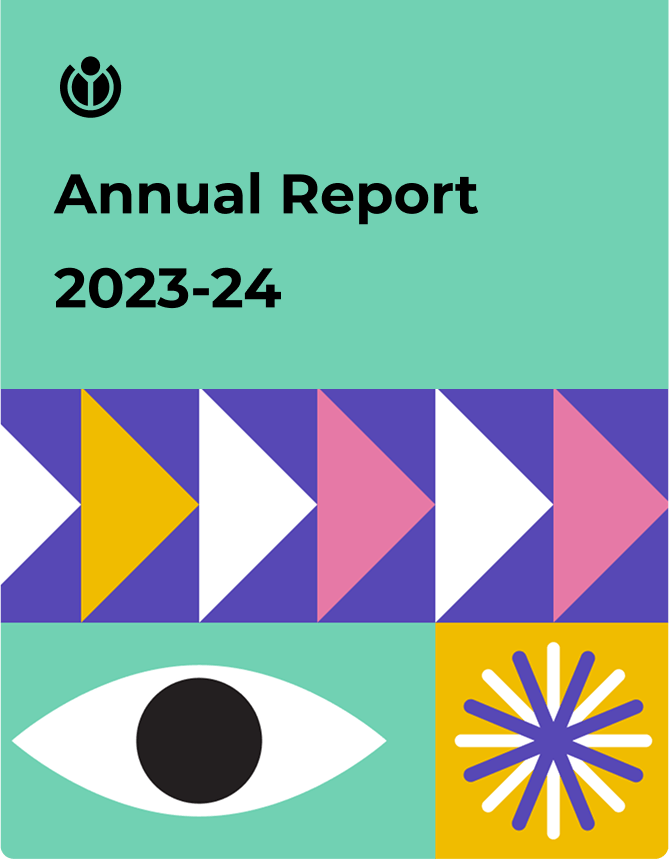
The Wikimedia Foundation publishes a Transparency Report twice a year.
Our financial statements are audited annually by an independent auditing firm.
Our work
Read more about how we are supporting the people, policies, and products that make Wikipedia and Wikimedia projects possible.
Still have questions?
Find answers to the most common questions about the Wikimedia Foundation, Wikipedia, and more.
The information on Wikipedia is created and curated by hundreds of thousands of volunteers around the world. Together, they compile and share information on notable subjects — citing reliable sources such as newspaper articles and peer-reviewed journals — according to the encyclopedia’s editorial policies and guidelines, which are also developed by volunteers.
Volunteers will discuss, debate, and often disagree until a shared consensus can be reached on what content to include on Wikipedia. A Universal Code of Conduct provides constructive guidelines and shared standards for these conversations.
The Wikimedia Foundation does not have an editorial role on Wikipedia.
Yes, anyone can edit and improve Wikipedia, as long as they learn how and uphold its policies. In fact, the more humans take part in Wikipedia, the better the internet’s knowledge becomes. We encourage Wikipedia readers to engage as editors and contribute to the mission of making free, reliable knowledge available for all. Visit this page to learn more and get started.
Wikipedia has long-standing policies to ensure information is presented as accurately and impartially as possible. One of the oldest and most fundamental pillars of Wikipedia is that it must be written from a neutral point of view. This means that all encyclopedic content on Wikipedia must be attributed to a reliable source and presented fairly; proportionately; and, as far as possible, without editorial bias. Additionally, only encyclopedic content is allowed on Wikipedia. Personal experiences, opinions, or original research are not permitted.
Wikipedia is the only top 10 most-visited website that is run by a nonprofit, the Wikimedia Foundation. The majority of its funding comes from donations, averaging $11, from readers. It does not rely on advertising, subscription fees, or selling users’ personal data for funding. This helps protect its independence by limiting the influence of any single organization or individual on Wikipedia’s content. Learn more in our donations-focused FAQ.
Help expand
human knowledge
There are many different ways for you to support us. Here are some ideas for putting your skills and passions to use:
Donate
Join the readers who help fund Wikipedia
Edit
Join the community that builds Wikipedia
Participate
From coding to photography to organizing events, contribute your skills to advance free knowledge
Advocate
Help us protect everyone’s right to knowledge
Don’t just take our word for it
Accountability and transparency are core values at the Wikimedia Foundation. We have earned the Platinum Seal of Transparency from Candid (Formerly Guidestar), and Charity Navigator has awarded us its highest rating of four stars.


Photo credits
Don Wong for Tiny Big Picture, commissioned by The Wikimedia Foundation
